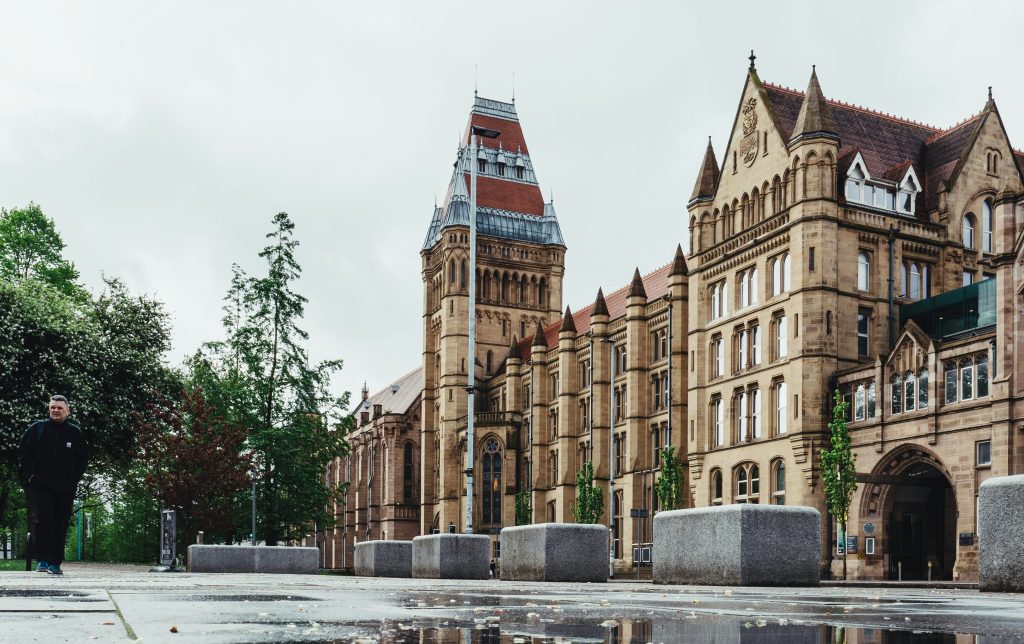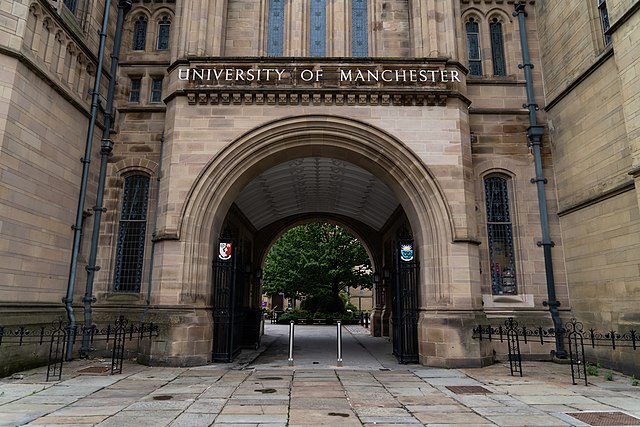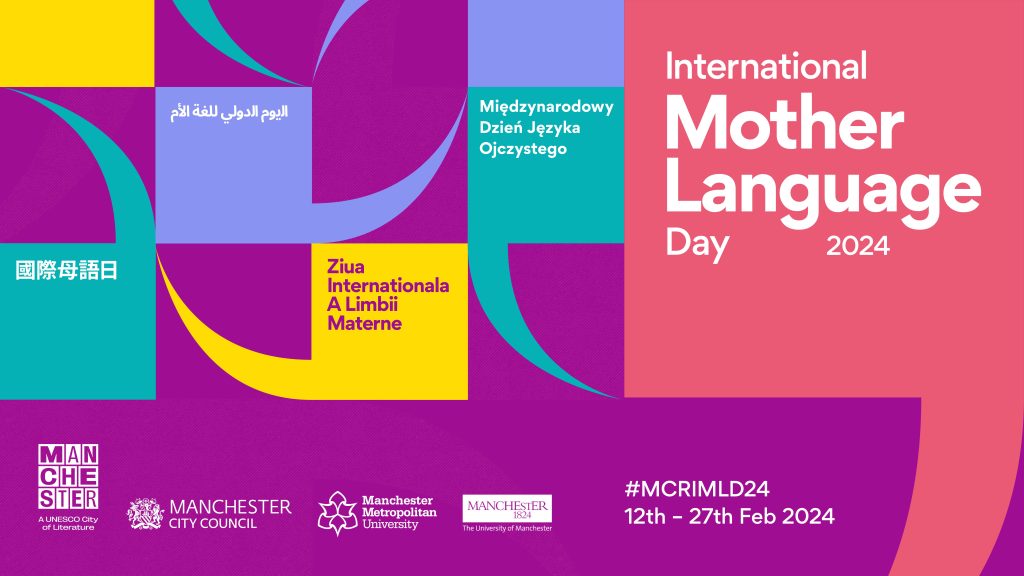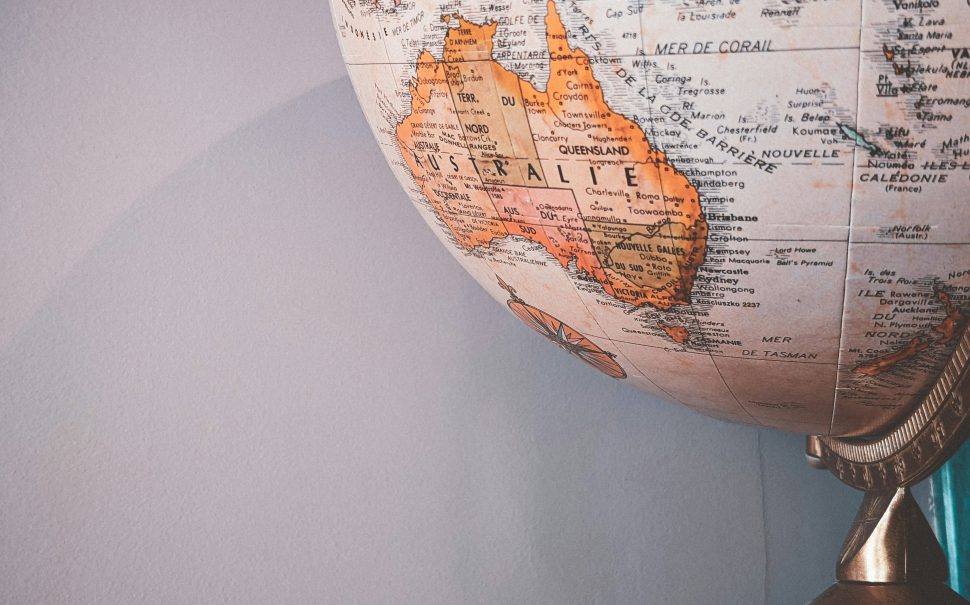A series of events for International Mother Language Day in partnership with the University of Manchester will take place this month to raise awareness of multicultural backgrounds in the city.
The initiative, led by independent charity Manchester City of Literature, shines a light on the extensive range of linguistic heritage found in Manchester and looks to help those participating learn more about their own mother tongues, as well as adopt an appreciation of others’.
In partnership with Creative Manchester and the Linguistic diversity collective within the school of arts, languages and cultures at the University of Manchester, the group has set up a colourful itinerary of events to ensure no community is left out – not even animals.
On International Mother Language Day, on February 21 the University and Manchester Museum will play host to language trails, biochemical workshops, comic exhibitions and many more events to get the whole family’s cogs whirring about the history of languages.

Communications and Engagement Coordinator at Creative Manchester Hazel Gardner said: “Manchester is incredibly linguistically and culturally diverse and it is about celebrating the composition of the city while generating an interest and understanding of languages from an early age.”
Cultural diversity runs deep in Manchester, with up to 200 languages found here. With that follows a wide range of linguistic arts and ancient or modern languages that can be found across the city.
Creative Manchester and the LDC will be running a Looking for Languages trail at Manchester Museum aimed at getting children to engage with educational exhibitions and have fun while learning about the history of different language types.
Children will be supplied with a trail map which will guide them through exhibitions surrounding ancient scripts like hieroglyphics and a South Asia gallery.
The trail’s suggestions will also lead them to an exhibition about animal noises where they can learn about the inherited languages within the animal kingdom and find out how their favourite animals created their own linguistic diversity.
The partners will also run a workshop on biochemical etymology focused towards adults and young adults, whereby a range of academics will talk you through the origins of scientific vocabulary.
Gardner said: “It’s a nice way as a university to connect with the public and it’s an engaging activity for families to do during the holidays.”
After hosting the event last year, Creative Manchester have partnered up with Sheffield Hallam University and Lake International Comic Arts Festival to put on a one day conference celebrating comic arts, named Comics Up Close.
The conference will take place at Sheffield Hallam University, but Manchester will not miss out on the wildly interesting linguistics event this year.
Manchester University’s glass corridor exhibition space in the Samuel Alexander building will be home to unique showcase called Collectives for Change which celebrates comic arts from across the Arab world.

The exhibition will be up from February 19 to March 18 and open to the public to head over and learn about the thriving movement.
Visitors can also attend a multilingual open mic night at Manchester Poetry Library, Multilingual Storytimes at Instituto Cervantes and Alliance Francaise, and an original writing exhibition in the Histories Hub at Manchester Central Library.
Chair of the Linguistic Diversity Collective at the University of Manchester, Dr Serge Sagna said: “We are raising awareness about the importance of language as a matter of identity and as a heritage. Not just individual communities but also globally.”
The events serve as an opportunity for the diverse communities of cultures and languages in Manchester to learn more about their own background as well as the heritage of others.
UNESCO International Mother Language Day was proposed to the United Nations by Bangladesh and approved in 1999.
The proposal came after the 1971 Bangladesh Liberation War due to the high concentration of power that resided in West Pakistan. Urdu was chosen as their official language, excluding those who spoke Bengali.
The religious and linguistic lapse of identity was a catalyst of a genocide on Bengali people, making representatives of the country champion the celebration and appreciation of mother languages around the world.
International Mother Language Day is now celebrated across the globe on February 21, the anniversary of the day that people from East Pakistan fought for recognition of the Bengali language.
Dr Sagna’s first language originated from Southern Senegal, and he has learned many branches of the native tongue, as well as French and Portuguese.
He said: “It is not only a day where we celebrate multilingualism, but also a day where people who speak languages other than the majority languages can find value in the language that they speak.
“We are trying to reach out to people and show how important language diversity is to the human species. Diversity is important to the survival of the species.”
Sagna also runs his own podcast on global linguistics called Multilingual World which you can find here

Deputy Leader of Manchester City Council Luthfur Rahman has said: The events taking place in Manchester showcase a huge variety of languages, allowing people to engage with languages all over the world.”
Creative Manchester and Manchester City of Literature are encouraging people to visit the event, learn about other people’s stories, tell your own and spread the messages that you want to be heard about your language.
This year is Manchester University’s 200 year anniversary, so celebrations are set to be bigger and better than ever.
Another Manchester City of Literature initiative will be shared with Creative Manchester and the Linguistic Diversity Collective in June, where the museum and the university will be opening their doors to the public and putting on masses of activities, stalls, and workshops.
The Festival of Libraries will host linguistic based workshops and events, as the Community Festival will give those who miss February’s language trail another opportunity to get involved with the educational fun.
Learn more about the events you could attend here
Featured Image: Sigmund on Unsplash




